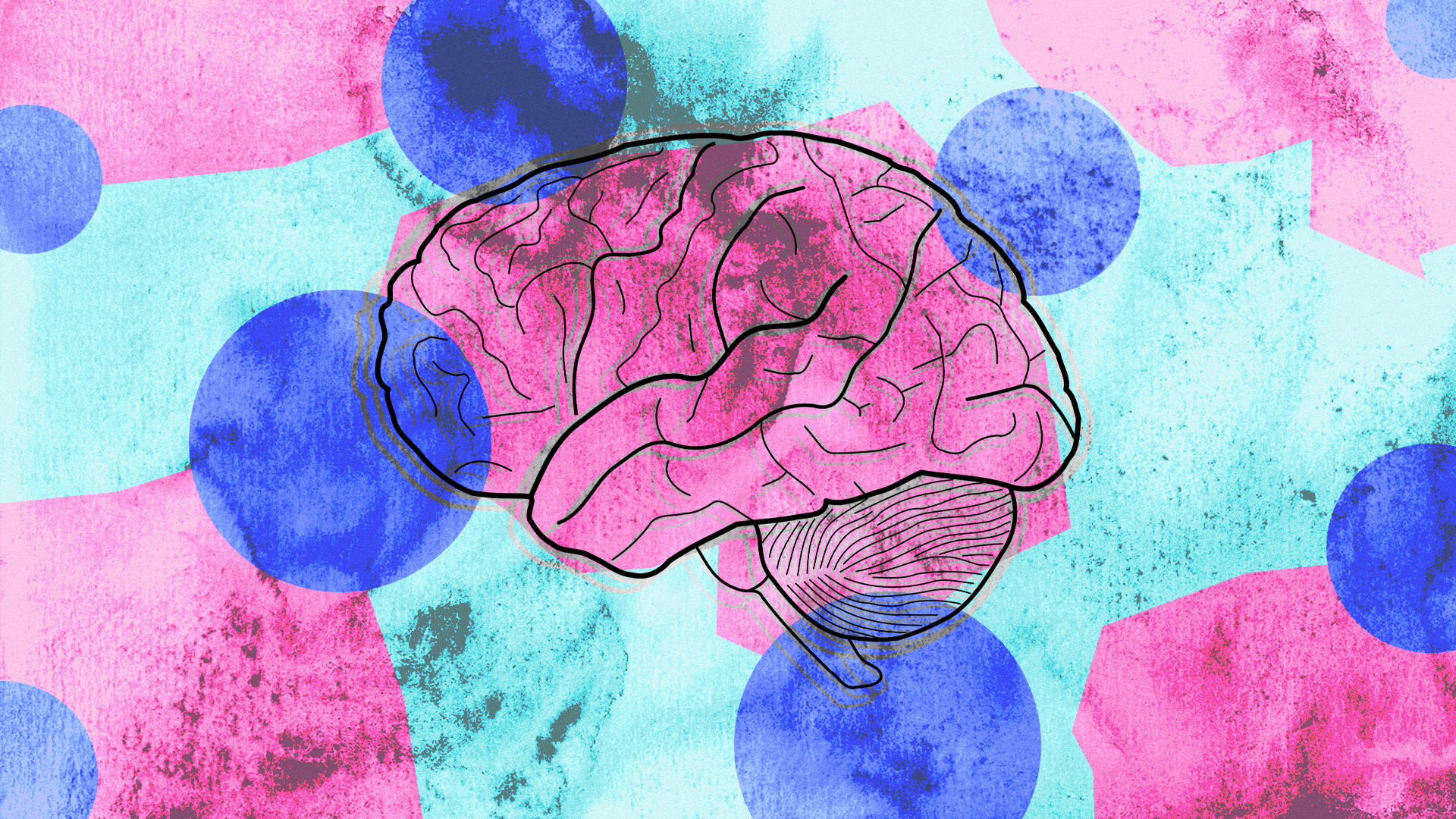Though we’ve known for a while that environmental factors can alter the way our brains function, researchers have only just begun to examine the links between climate change and neuroscience.
Since the 1940s, scientists have known from conducting studies on mice that changing environmental factors can profoundly impact the development and plasticity of the brain.
More recently, due to the exacerbation of the climate crisis and the threat to our survival that it poses, they’ve begun examining the effects of global warming on human cognitive function.
As it turns out, the ecological emergency is messing with our minds.
Publishing their findings in Nature Climate Change, the international team of researchers warns that air pollution and increasingly extreme weather events – such as heatwaves, droughts, hurricanes, wildfires, and floods – are altering the structure and overall health of the very organ that governs our thoughts.
As the study states, frequent natural disasters can reduce neuroplasticity (our brain’s ability to make new connections and remember old ones), which can impede how we think clearly, break bad habits, and learn skills.
An inevitable consequence of this would be an even more concerning spike in mental health issues than the one we’re currently witnessing, which would wreak havoc on societal living conditions worldwide.
‘Given the increasingly frequent extreme weather events we’re already experiencing, alongside factors such as air pollution, the way we access nature and the stress and anxiety people experience around climate change, it’s crucial that we understand the impact this could all have on our brains,’ says lead author, Dr Kimberly Doell.
‘Only then can we start to find ways to mitigate these changes.’
Highlighting the role that neuroscientists can play in further addressing these challenges, the team is calling for more research into how this may explain transformations in wellbeing and behaviour.
From there, they say, we can begin creating viable adaptation strategies.
‘Understanding neural activity that is relevant to motivations, emotions, and temporal horizons may help predict behaviour, and improve our understanding of, underlying barriers preventing people from behaving as pro-environmentally as they might wish,’ says co-author Dr Mathew White, who explains that refining treatment in this field is of the utmost importance.
‘We need to start seeing them as interlinked, take action to protect our brains against the future realities of climate change, and start using our brains better to cope with what is already happening and prevent the worse-case scenarios.’

















